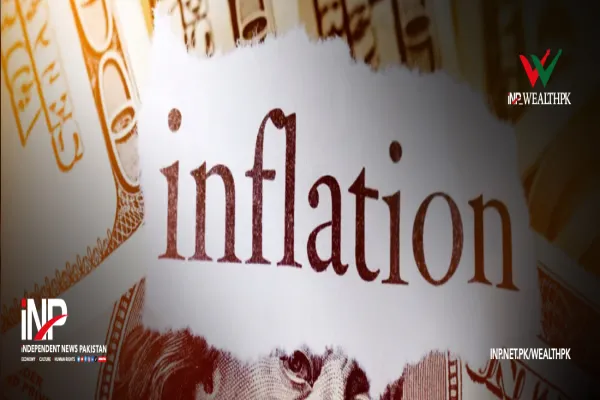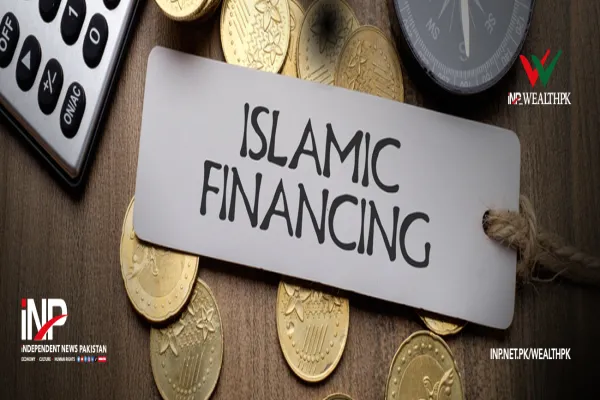i INP-WEALTHPK
Ayesha Saba
The undocumented and loosely regulated nature of Pakistan’s real estate sector has made it a hub for speculative investments and untaxed wealth, diverting capital from productive sectors like manufacturing and technology, and hampering job creation and growth.
Speaking to WealthPK, Hammad Ali, a real estate analyst at Abdullah Associates and Builders, said the real estate sector has long been a cornerstone of economic growth in many countries, serving as a critical driver of employment, investment, and consumer spending.

He emphasised that without proper checks and transparency, the sector not only contributes to asset bubbles but also weakens the government’s ability to mobilise tax revenue and control inflationary pressures. “Recent government decisions have, however, added new complications. The imposition of sharply increased property transfer fees, intended to enhance revenue collection, has backfired by disrupting market activity.
Rather than boosting state revenues, these excessive charges have discouraged potential buyers and sellers, leading to a visible slowdown in real estate transactions,” he said. Ali observed that many market participants now opt for informal, undocumented agreements to bypass these costs. “This shift has undermined transparency, reduced official tax collection, and exposed individuals to greater legal risks.
Unregistered deals often result in ownership disputes and complex litigation, further eroding public trust in the formal system,” he pointed out. “Moreover, this environment of high transactional costs and legal uncertainty has prompted many investors to move their capital to alternative sectors or even overseas markets,” he added.
The real estate analyst noted that this capital flight reduces the real estate sector’s overall contribution to economic activity, weakens urban planning efforts, and limits funding for infrastructure improvements. He stressed that effective regulation must go hand in hand with affordability and clarity in policy design.
“A well-structured real estate framework that includes digital land records, zoning regulations, and standardised valuation practices can improve both efficiency and equity.” “While regulation is necessary, it must be implemented through a balanced and strategic approach. Overburdening the sector with high fees or abrupt policy changes risks stalling growth and encouraging informal practices,” he noted.
“Instead, fostering investment through fair and transparent taxation, simplifying legal procedures, and offering incentives for affordable housing and rental development could bring the sector into the formal economy. This would not only expand the tax base but also create more resilient urban centres and enhance the sector’s long-term contribution to Pakistan’s economy,” suggested Ali.
Credit: INP-WealthPk









